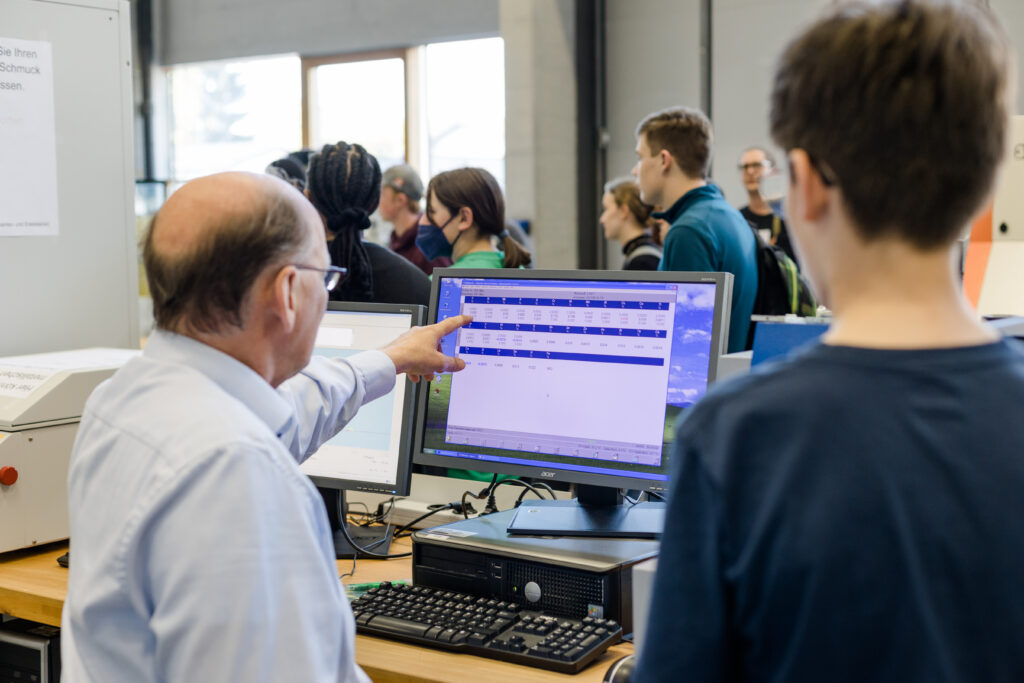SCABEE Project
The SCABEE project focuses on integrating sustainability into business and engineering education by developing Sustainability Teaching Case Studies (TCS) as a continuous theme. These case studies aim to foster sustainable thinking and behavior among students, encouraging them to apply their knowledge to their future professional and personal lives, thereby contributing to the green transition of European industry.
The project’s main results include 16 TCS covering various phases of the circular economy, utilizing real industrial examples as learning material. Defined as case studies involving real situations, TCS are designed to teach sustainability through active student engagement, discussions, analyses, and solution-finding. These transdisciplinary TCS align with Bloom’s taxonomy and address different phases of the product life cycle, promoting skills and awareness of environmental impacts among engineering and business students.
Innovative aspects of the project include:
- Emphasizing sustainability within TCS.
- Introducing diverse learning methods, such as negotiation and role plays.
- Encouraging transdisciplinary and transnational collaboration, offering solutions and perspectives influenced by various cultures.
The project outlines four main objectives:
- Development of a guideline and framework for TCS with a focus on sustainability.
- Development, implementation, and evaluation of 16 TCS across different levels of Bloom’s taxonomy.
- Engagement of at least 500 students in the TCS implementation and evaluation.
- Making TCS accessible to educators at partner and other institutions through direct exchanges or official case study databases.
By addressing the gap in sustainability coverage across study programs, the SCABEE project complements existing initiatives and aims to make sustainability a more integral part of education. Through its innovative approach, it empowers students to explore sustainable products and solutions, ultimately transferring their knowledge and sustainable behavior to their future companies.

